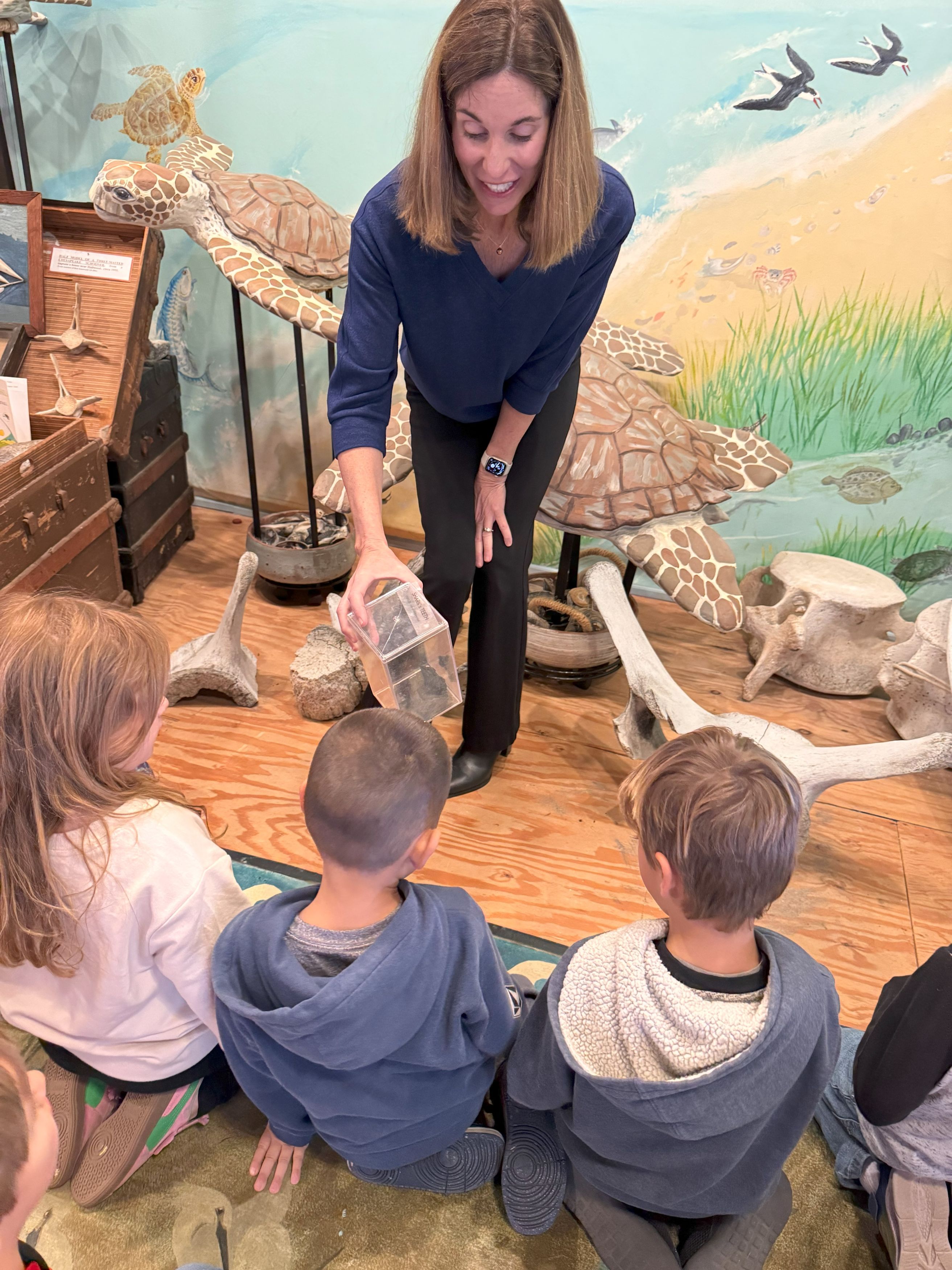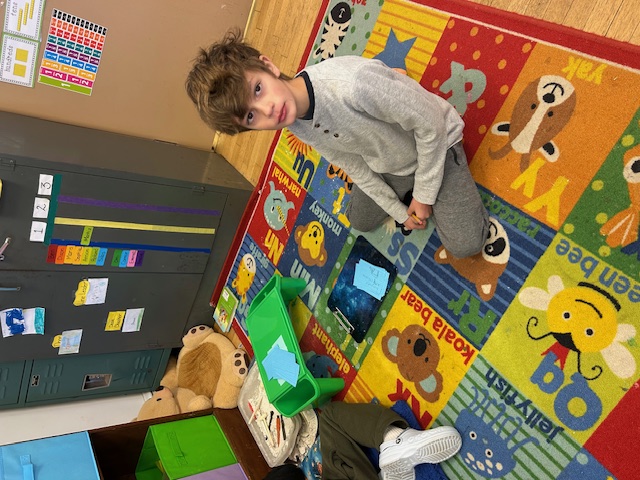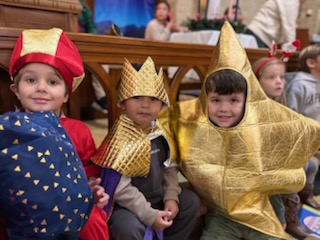“We appreciate several aspects of the Christian school, particularly its strong emphasis on moral and Christian values. The smaller class sizes ensure that students receive personalized attention, and we also value the minimal use of technology. Unlike many schools, students are not spending their entire day in front of iPads or computers.” (taken from recent anonymous parent survey)

At CCCS, we seize learning opportunities whenever and wherever we find them. Experiential learning is alive and well in our classrooms, but so much learning takes place outside our classrooms too! We utilize our entire town as an extension of our campus. Students can be witnessed any given day walking to and from the Cape Charles Memorial Library, the beach, the harbor, shops on Mason Avenue, Central Park, and various other locations around town. Field trips are also a big part of our learning experience. Classes visit many locations on the Eastern Shore, but also take trips across the Chesapeake Bay Bridge Tunnel. Our extended community opens many doors to learning.

Our curriculum is designed by our teachers and our head of school, who have the combined experience of educating in both private and public school settings. They rely on progressive educational strategies to develop collaborative programs which are rigorous, yet flexible.

Our multi-age classrooms place Kindergarten and grade 1 together, grades 2 and 3 together, grades 4 and 5 together and grades 6,7, and 8 together. Pre-Kindergarten is open to 3 and 4-year-old children. Our multi-age classrooms enable students and teachers to spend two years together and serve the academic needs of both slower and faster learners. Research indicates that this approach provides greater opportunity for leadership and results in more positive attitudes toward school.
.jpg)
Our school climate provides a strong foundation which cultivates a love of learning. Elementary school students benefit from phonics and literature-based reading instruction as well as concrete math manipulatives. Hands-on problem-based activities drive instruction as students explore science and social studies, helping them develop an understanding of our past, as well as preparing them for the future.
